Samsung Galaxy Tab ban upheld in Germany
Apple gets its way with a Samsung Galaxy Tab ban in Germany.
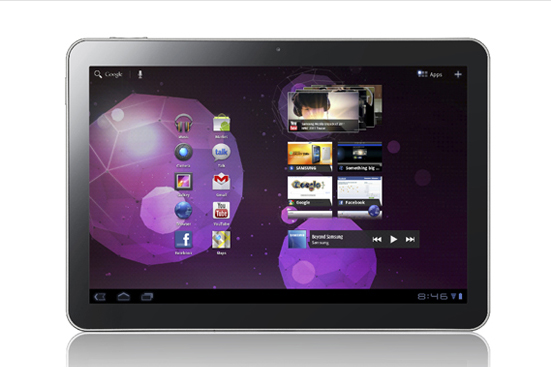

Samsung has lost another court battle to Apple, as the Galaxy Tab ban in Germany is upheld by the Dusseldorf Regional Court.
The court had originally imposed a ban on the device across Europe but then went back on that decision. Yet the preliminary ban on sales in Germany has been confirmed, meaning Samsung is running out of options in the country.
The way the judge reportedly pronounced today's decision, Samsung won't be able to promote or sell any new products in Germany that infringe the successfully-enforced Community design.
The South Korean firm could go to the Oberlandesgericht Dusseldorf (the higher regional court) in a bid to have the injunction lifted.
However, the preliminary ban will remain in place as the case goes up to the main proceeding at the regional court. At the end of that lawsuit, a final decision will be made on whether to permanently ban the Galaxy Tab or not.
If the latter scenario plays out, then Apple may be the one to lose out.
"If the decision at the end of the full-blown main proceeding is that the injunction should not have been granted in the first place, then Apple will be liable to Samsung for damages," explained IP expert Florian Mueller.
Sign up today and you will receive a free copy of our Future Focus 2025 report - the leading guidance on AI, cybersecurity and other IT challenges as per 700+ senior executives
There is also some confusion as to what Samsung devices have been banned, as judge Johanna Brueckner-Hoffmann only said "Galaxy Tab," without referring to specific models.
"The way the judge reportedly pronounced today's decision, Samsung won't be able to promote or sell any new products in Germany that infringe the successfully-enforced Community design for as long as the injunction is in force," Mueller said.
Apple and Samsung are currently involved in a number of court battles across the world.
In the Netherlands, Apple recently won a case resulting in the sales ban of three Galaxy phones. The patent infringement could be avoided if Android 3 was uploaded onto the devices, however.
Tom Brewster is currently an associate editor at Forbes and an award-winning journalist who covers cyber security, surveillance, and privacy. Starting his career at ITPro as a staff writer and working up to a senior staff writer role, Tom has been covering the tech industry for more than ten years and is considered one of the leading journalists in his specialism.
He is a proud alum of the University of Sheffield where he secured an undergraduate degree in English Literature before undertaking a certification from General Assembly in web development.
-
 Gender diversity improvements could be the key to tackling the UK's AI skills shortage
Gender diversity improvements could be the key to tackling the UK's AI skills shortageNews Encouraging more women to pursue tech careers could plug huge gaps in the AI workforce
-
 Researchers claim Salt Typhoon masterminds learned their trade at Cisco Network Academy
Researchers claim Salt Typhoon masterminds learned their trade at Cisco Network AcademyNews The Salt Typhoon hacker group has targeted telecoms operators and US National Guard networks in recent years
-
 Red Hat and Samsung agree landmark software deal to develop next-gen storage
Red Hat and Samsung agree landmark software deal to develop next-gen storageNews The partnership is a first for Samsung as the companies commit to developing memory software designs that can keep up with emerging tech
-
 The IT Pro Products of the Year 2019: All the year’s best hardware
The IT Pro Products of the Year 2019: All the year’s best hardwareBest Our favourite equipment from the past 12 months
-
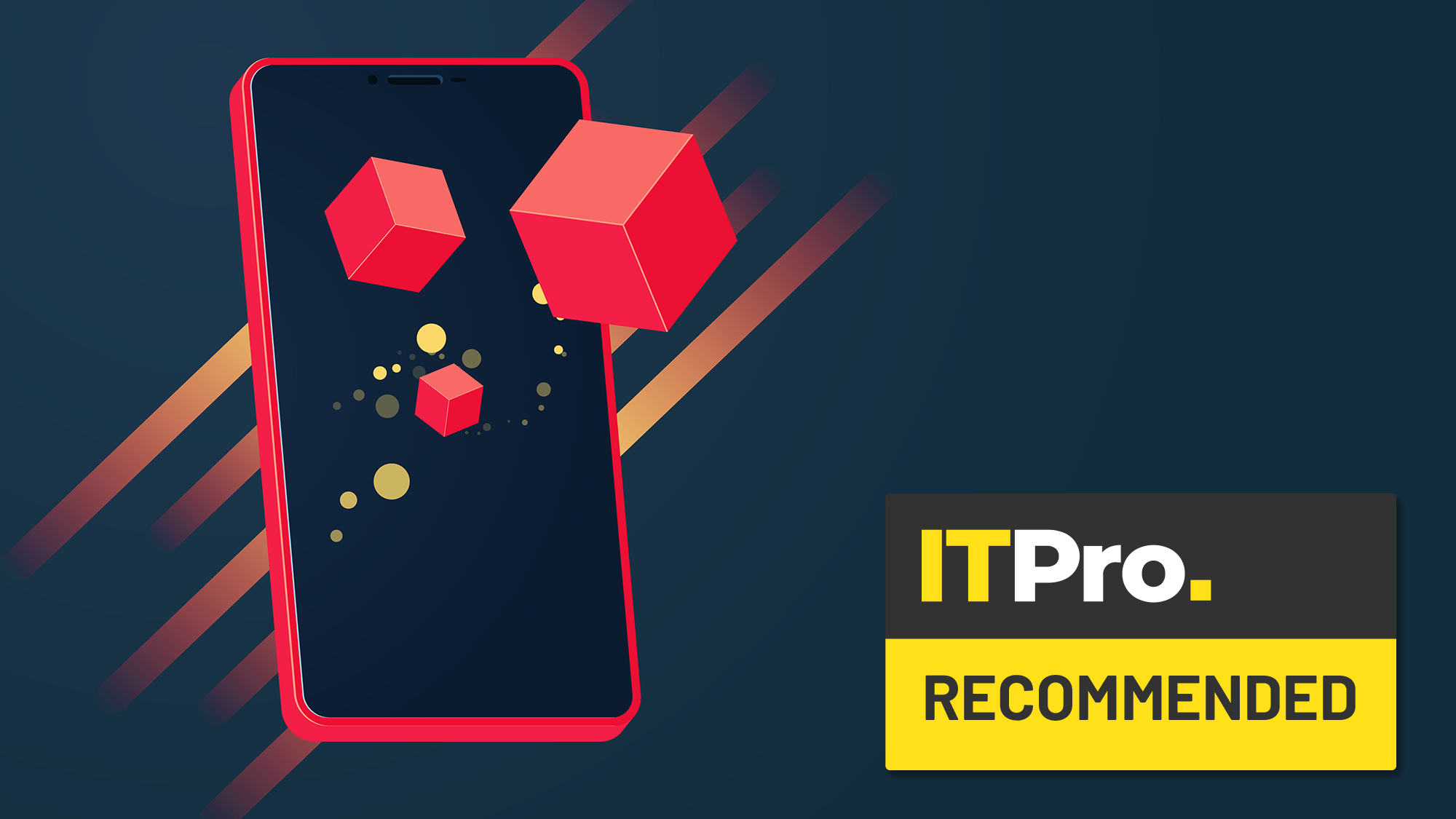 Best business smartphones: The top handsets from Apple, Samsung, Google and more
Best business smartphones: The top handsets from Apple, Samsung, Google and moreBest The best business smartphones on the market today packed with work-focused features you need
-
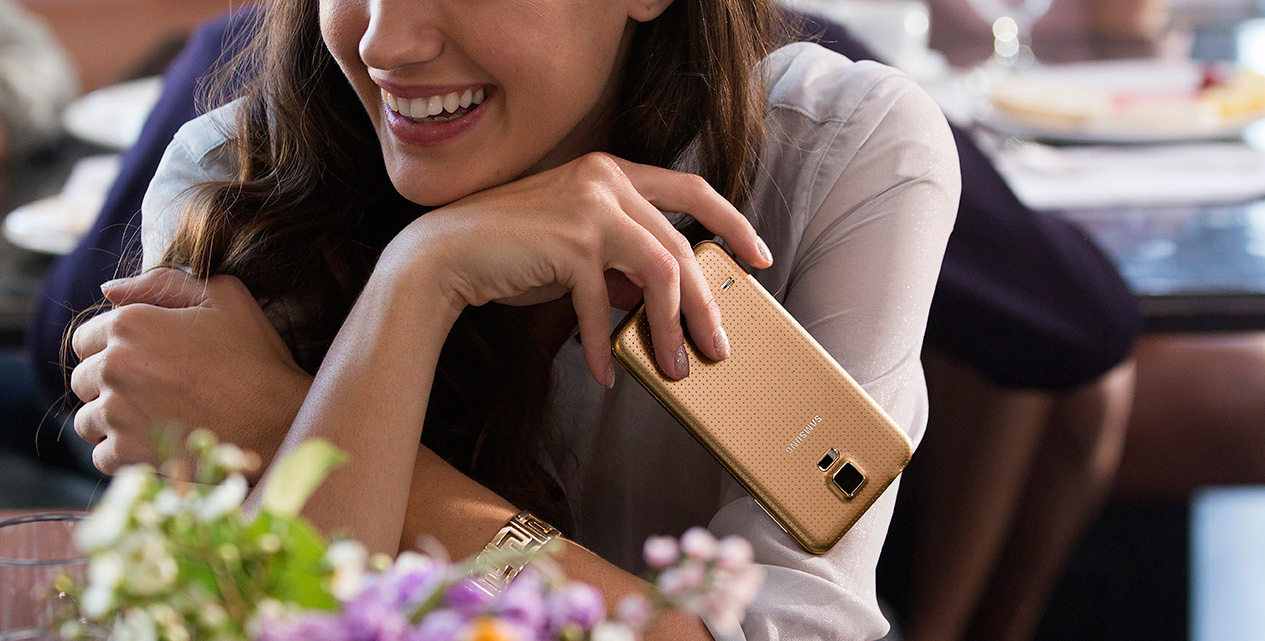 Samsung Galaxy S5: Top 16 tips and tricks
Samsung Galaxy S5: Top 16 tips and tricksTutorials Get the most out of your Galaxy S5
-
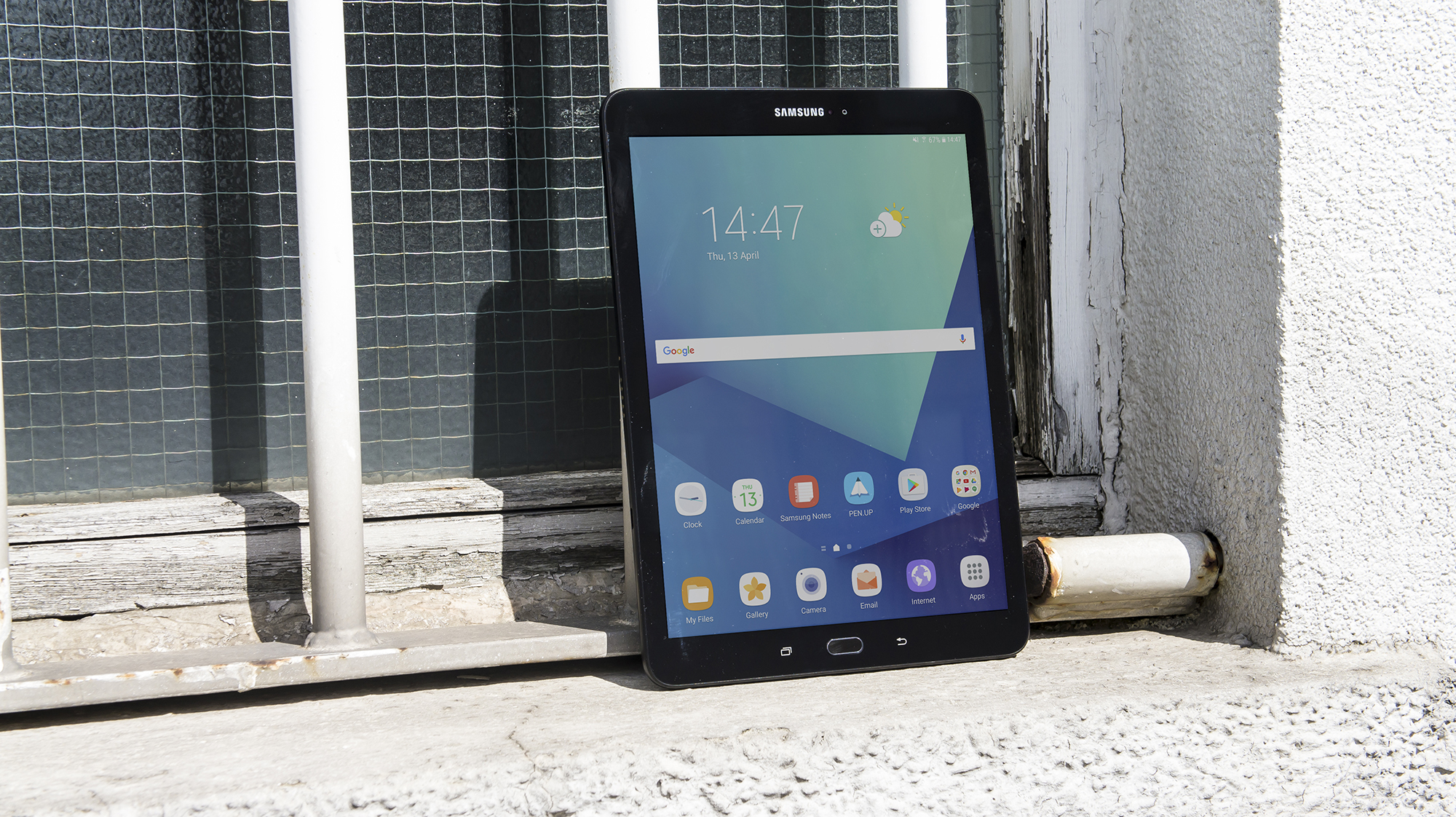 Samsung Galaxy Tab S3 review
Samsung Galaxy Tab S3 reviewReviews The best Android tablet around - but it’s still not a match for the iPad
-
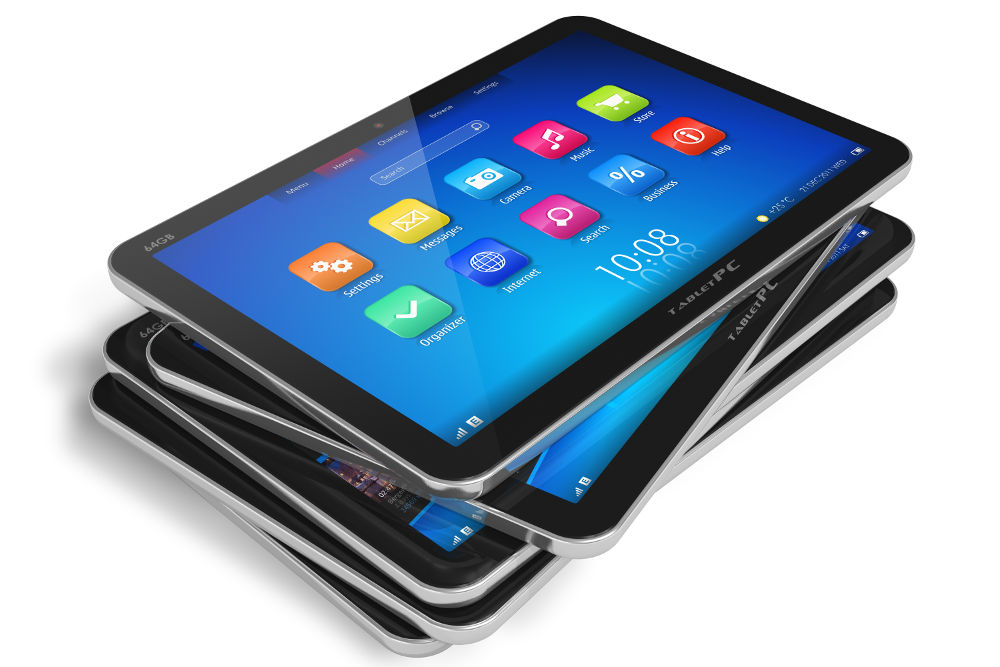 Tablet market falls 15% as low-cost devices lead sales
Tablet market falls 15% as low-cost devices lead salesNews Weakened market caused by 'low-cost detachables" sees third-quarter tablet sales fall by 15%
-
 Apple re-awarded $120m in Samsung spat
Apple re-awarded $120m in Samsung spatNews Judge rules in favour of Apple in latest round of patent infringement bout
-
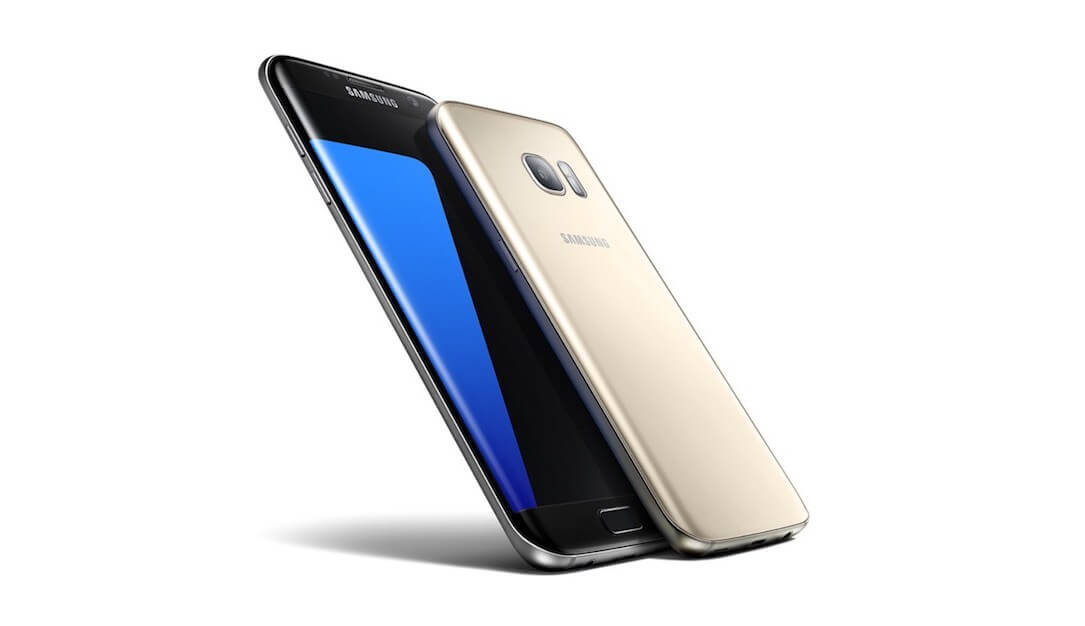 Samsung Galaxy S7/S7 Edge price, features and specs: Samsung Galaxy overtakes Apple iPhone US sales
Samsung Galaxy S7/S7 Edge price, features and specs: Samsung Galaxy overtakes Apple iPhone US salesRumours Galaxy S7 beats iPhone 6s shipments in American market
